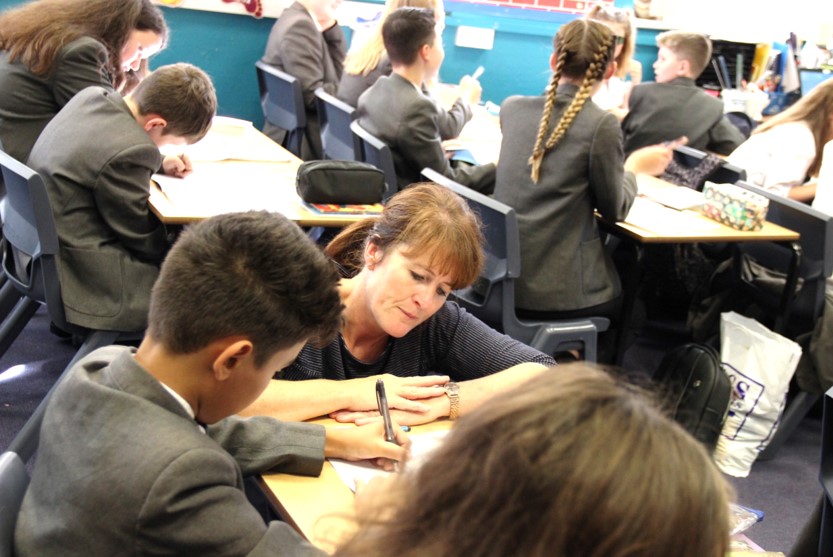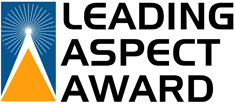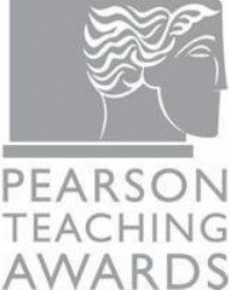Geography:
Subject Information Overview
Below is a visual overview of the content available on this page. Click the appropriate title to view the relevant section
Curriculum
Area Staff Curriculum
InformationCurriculum
OverviewExam information for GCSE
qualifications in this Subject AreaKnowledge
Organisers
Curriculum Area Staff
|
Colum McArdle (HoF/CAL Geography) Charlotte Hall |
Stephen Hawksworth Victoria Smith (ACAL Geography) |
Should you require more information about this subject area please contact:
Name: Mr Colum MrArdle
Position: Curriculum Area Leader
Email: cmc@selbyhigh.co.uk
Curriculum Information
We aim to provide students with high quality geographical information through stimulating and exciting lessons using a wide range of teaching styles and techniques. Geography is more than memorising the location of places on a map and our Geography curriculum will allow pupils to reach their full potential and develop a sense of place, help them make sense of their surroundings and to better appreciate and understand the complexity of the physical and human conditions that exist on Earth.
Our geographers will study a demanding curriculum which will develop transferable skills to support inclusivity and progression. There will be a breadth of content, from the familiar to the unfamiliar, ranging from Selby to Britain to other parts of the world, using current examples to contextualise and engage learning. Our geographers will embrace the diversity our world has to offer and leave confident in understanding their place in the world.
In year 7, students will learn about the ‘Geography of the UK’. Students will study both human and physical components such as poverty, energy and water supply, waste management, weather and climate, climate change and population change at both the local and national level.
Throughout year 8 and year 9 students will build on this knowledge but with a focus on the ‘wider world’, specifically the human and physical characteristics of Africa, Asia and the Middle East. Students will study a broad range of topics including natural hazards, challenging landscapes, energy supply, population change and rivers and coasts. Key skills such as map and atlas skills will be studied across a range of topics.
Our curriculum is designed to create confident geographers. Selby High School Geography students should have a clear understanding of the world we live in both locally and globally. We aim to inspire and foster an enquiring mind in our students and develop students as geographical locators, writers, investigators and decision makers.
Curriculum Overview
Curriculum map:
Year 7 concentrates on the ‘Geography of the UK’ whereas Year 8 and 9 focus on ‘The wider world’. The aim is to build the pupils' locational knowledge and place knowledge of the UK before investigating similar concepts and ideas on the world stage and thus building on their knowledge and applying this at different places and scales.
Each unit has interlinking themes and concepts and incorporates human, physical and environmental geography. Links between topics and years are made through the learning cycle and each year builds on the content of the other with a greater level of challenge implemented (making links/comparing and contrasting areas etc.) Each scheme incorporates retrieval practices, assessments and regular feedback opportunities to help ensure the pupils are engaged and understand the content and links.
Throughout the specification we aim to investigate the causes, impacts and responses to global issues and allow pupils the opportunity to build their own opinions on a range of topics.
Geographical skills such as mapwork are incorporated throughout the 3 years. In year 7 we start with some OS map and atlas skills, with the aim of identifying and closing any gaps in knowledge at the earliest opportunity. We have incorporated several fieldwork opportunities into the curriculum (studied on site and the local area) with the hope of building the pupils’ proficiency in this area.
GCSE:
At GCSE we follow the AQA specification. This consists of three units. Unit 1 – Living with the physical environments, Unit 2 – Challenges in the human environment and Unit 3 – Geographical applications and skills
Below is a summary overview of the topics and their content that will be studied in each term by each year group. For more information about each topic, get your child to visit learning journeys and resources on the school online learning platform - Ready Steady Learn.
| Year Group | Term 1 | Term 2 | Term 3 | Term 4 | Term 5 | Term 6 |
| 7 |
Atlas and Map skills
|
Contrasting World - The UK
|
Weather and climate in the UK
|
Think Global - act local
|
World in Motion - The UK
|
Current world issues
|
| Assessment details |
Baseline assessment |
Google form Quiz |
Contrasting world and atlas and map skills |
Google form quiz |
Think Global, act Local and weather and climate |
Google form quiz |
| 8 |
Restless Earth
|
Challenging landscapes
|
Contrasting World – Africa
|
Contrasting world - Asia
|
Dynamic landscapes - Coasts
|
|
| Assessment details |
Restless Earth and Weather and Climate |
Google form quiz |
Challenging Landscapes and World in Motion UK |
Africa and Think Global, Act Local |
Google form quiz |
|
| 9 |
Energy
|
The Middle East
|
World in Motion
|
Reducing the Development Gap
|
Raging Rivers
|
|
| 10 |
Natural and Tectonic hazards
|
The Living world
|
Challenging UK landscapes
|
Challenging UK landscapes
|
Paper 3: Fieldwork enquiry skills
|
|
| 11 |
Urban issues and challenges
|
Urban issues and challenges
Changing economic world
|
Changing economic world
|
Resources management
Issue evaluation
|
|
|
End of unit assessment will be carried out after each unit has been completed.
Pupils will have regular google form assessments in order to pick up and address any misconceptions.
Regular low stakes testing in lessons.
Two MOCK exams will be carried out in year 10 and another two in year 11.
KNOWLEDGE ORGANISERS
A Knowledge Rich Curriculum at Selby High School
Research around memory suggests that if knowledge is studied once and not revisited or revised, it is not stored in the long-term memory. This means that after one lesson, or revising for one test, the knowledge will not be retained unless it is studied again. It won’t be recalled unless it is revisited frequently, which will embed it in the long term memory. In the long term this makes recall far easier. As part of home learning, students should be revising what they have been taught recently but also content they were taught previously. Therefore as part of our strategy to embed learning over time we have started to develop knowledge organisers across all year groups and curriculum areas. These will provide key content and knowledge allowing students to pre-learn and re-learn, a vital part of processing all the information required to be successful in the new style GCSE’s.
Instructions for using your knowledge organisers
KS3 = Years 7, 8 & 9
KS4 = Years 10 & 11
Below are the knowledge organisers for each topic in this subject. These knowledge organisers will become embedded in the Learning Journeys for each topic as they are created on Ready Steady Learn.
Exam information for GSCE qualifications in this subject area
Click each link below to view the full specification:
Exam Board - AQA, Code - 8035
Unit 1: Living with the physical environment
Unit 2: Challenges in the human environment
Unit 3: Geographical applications and skills
















